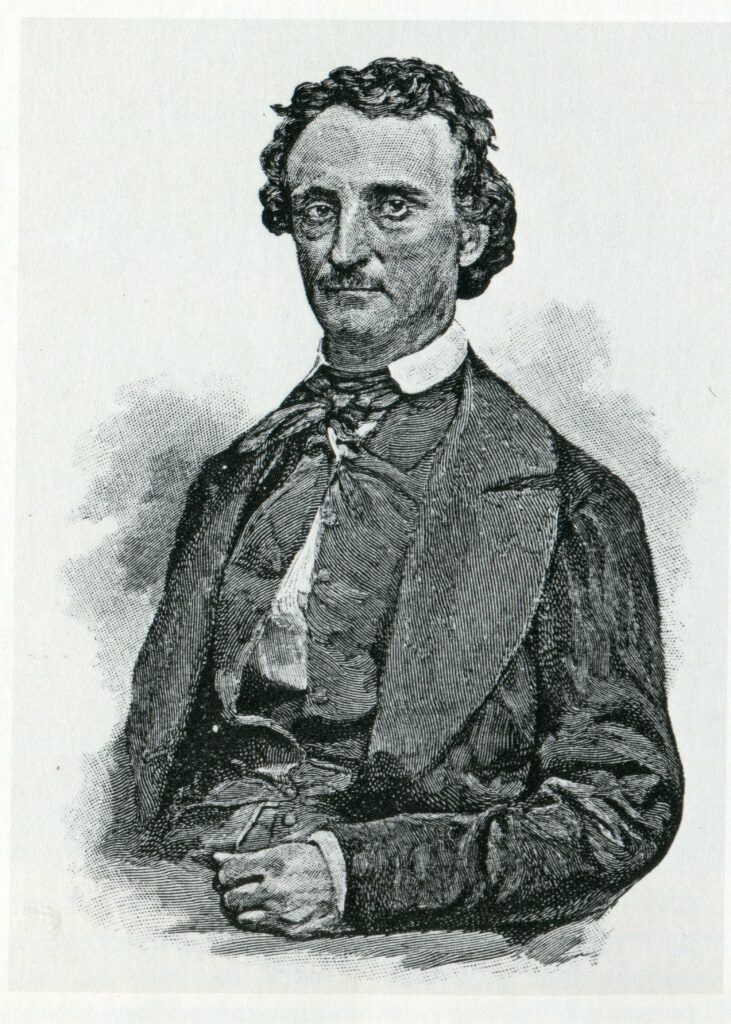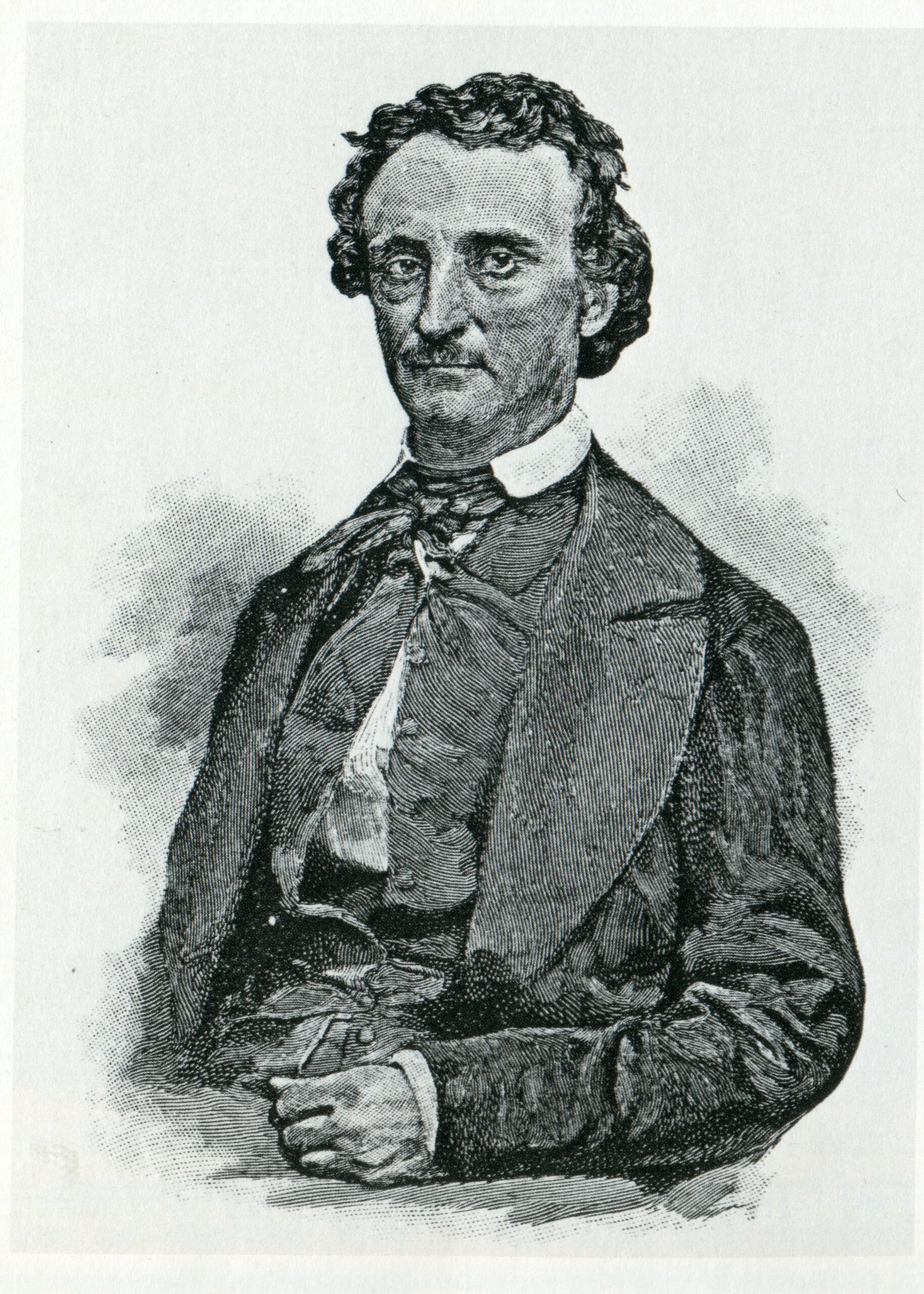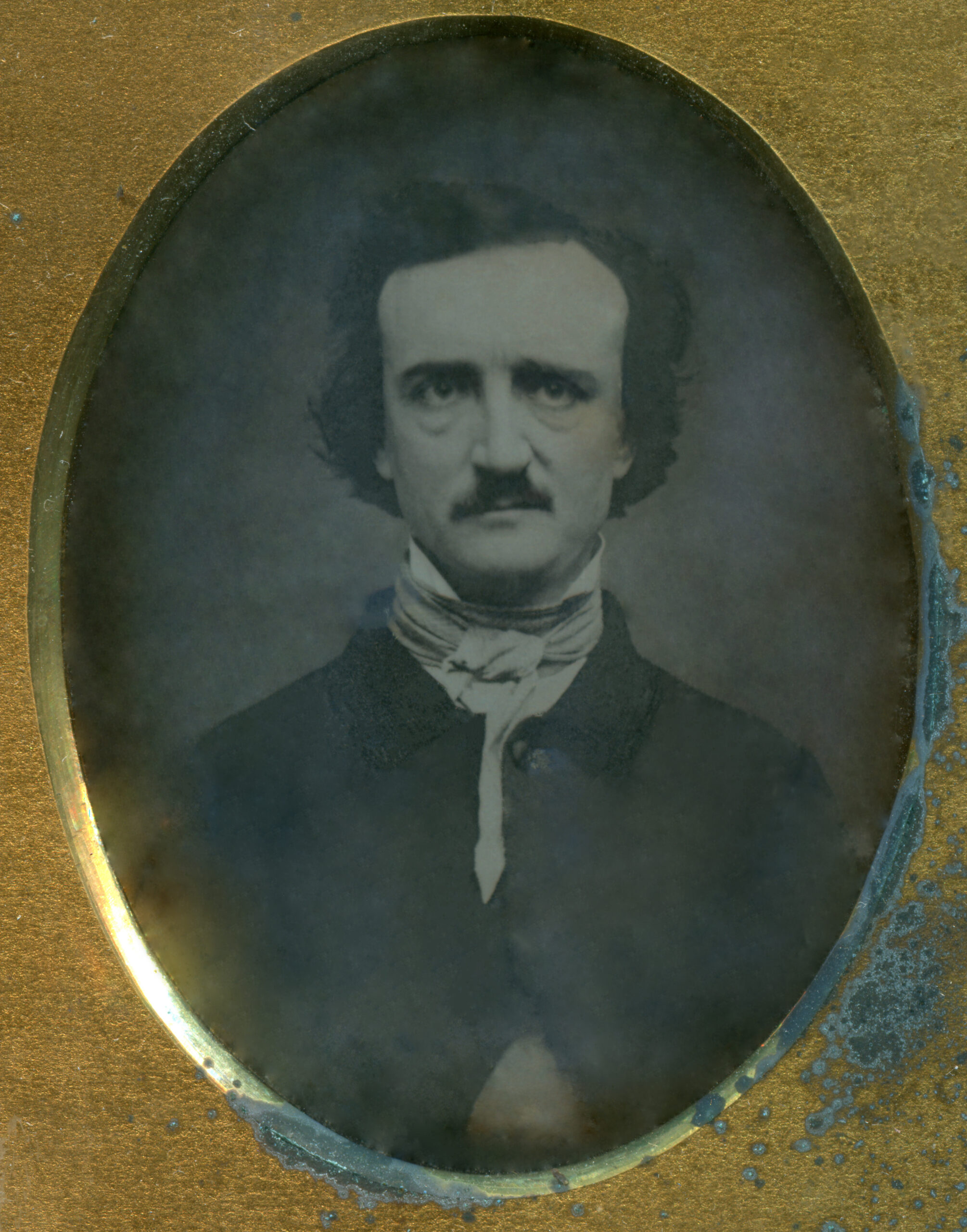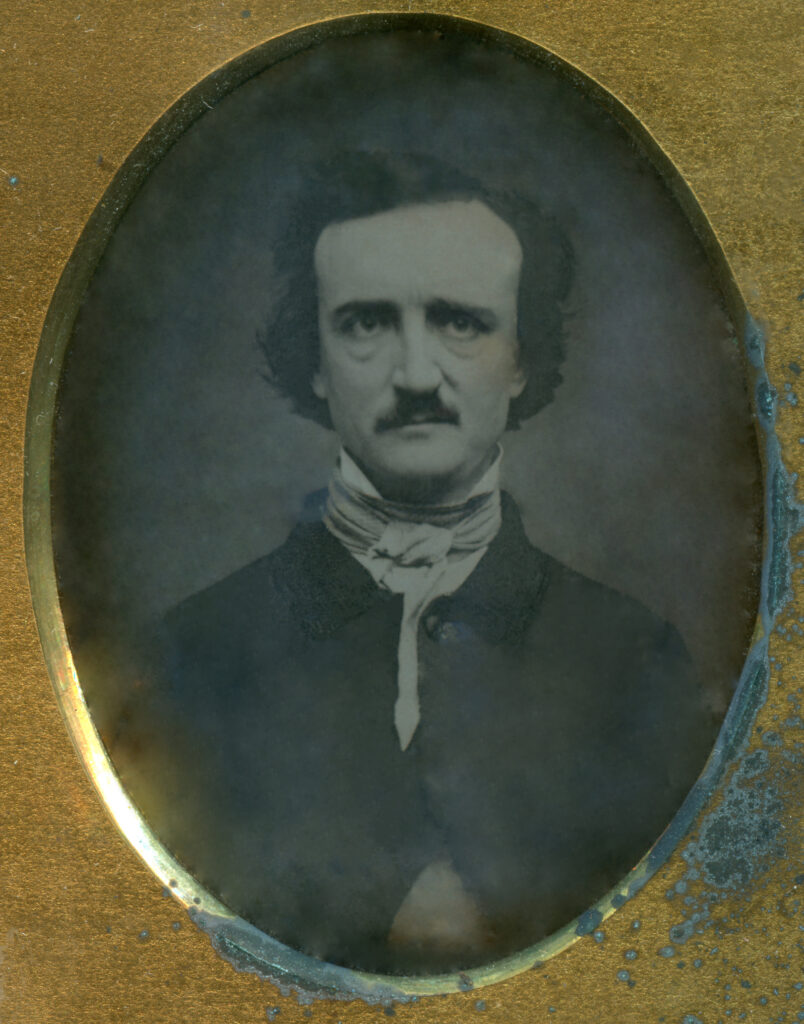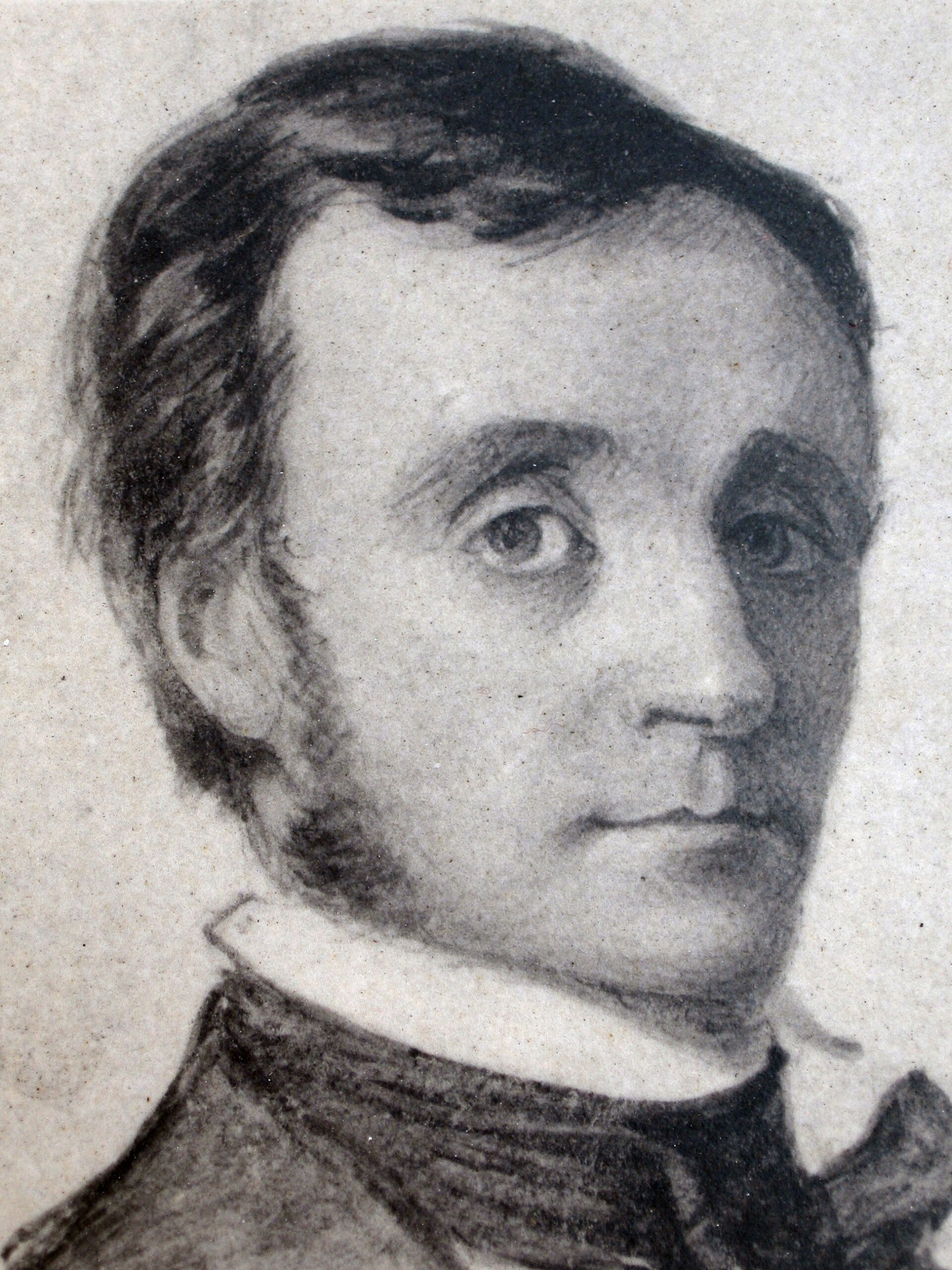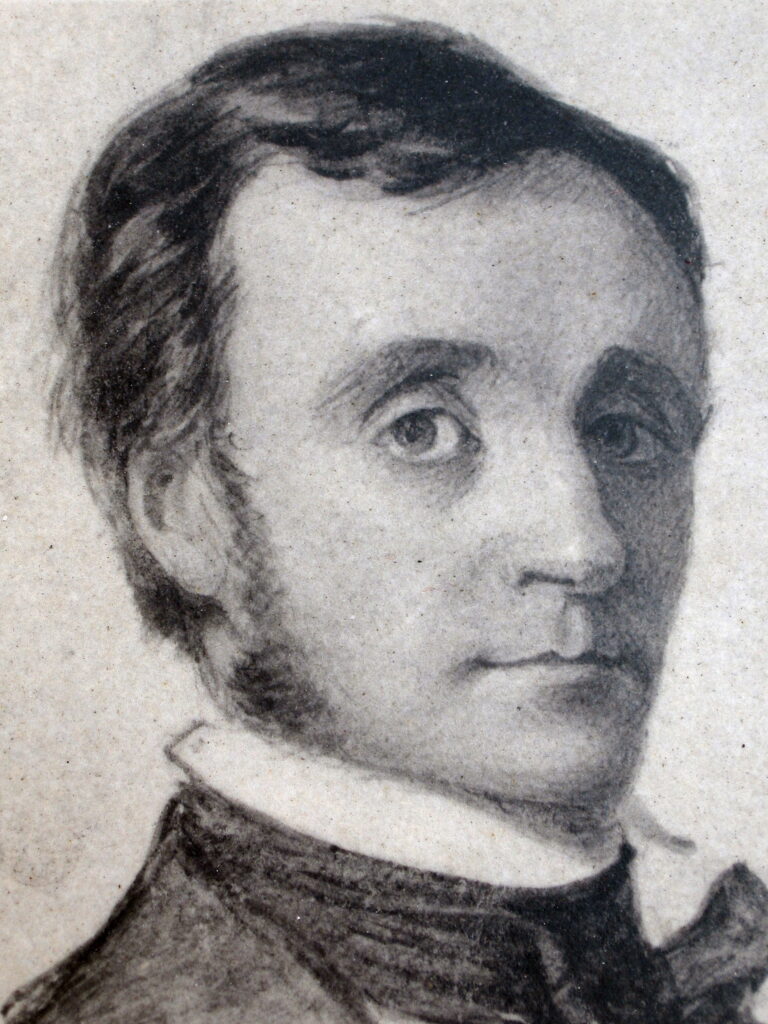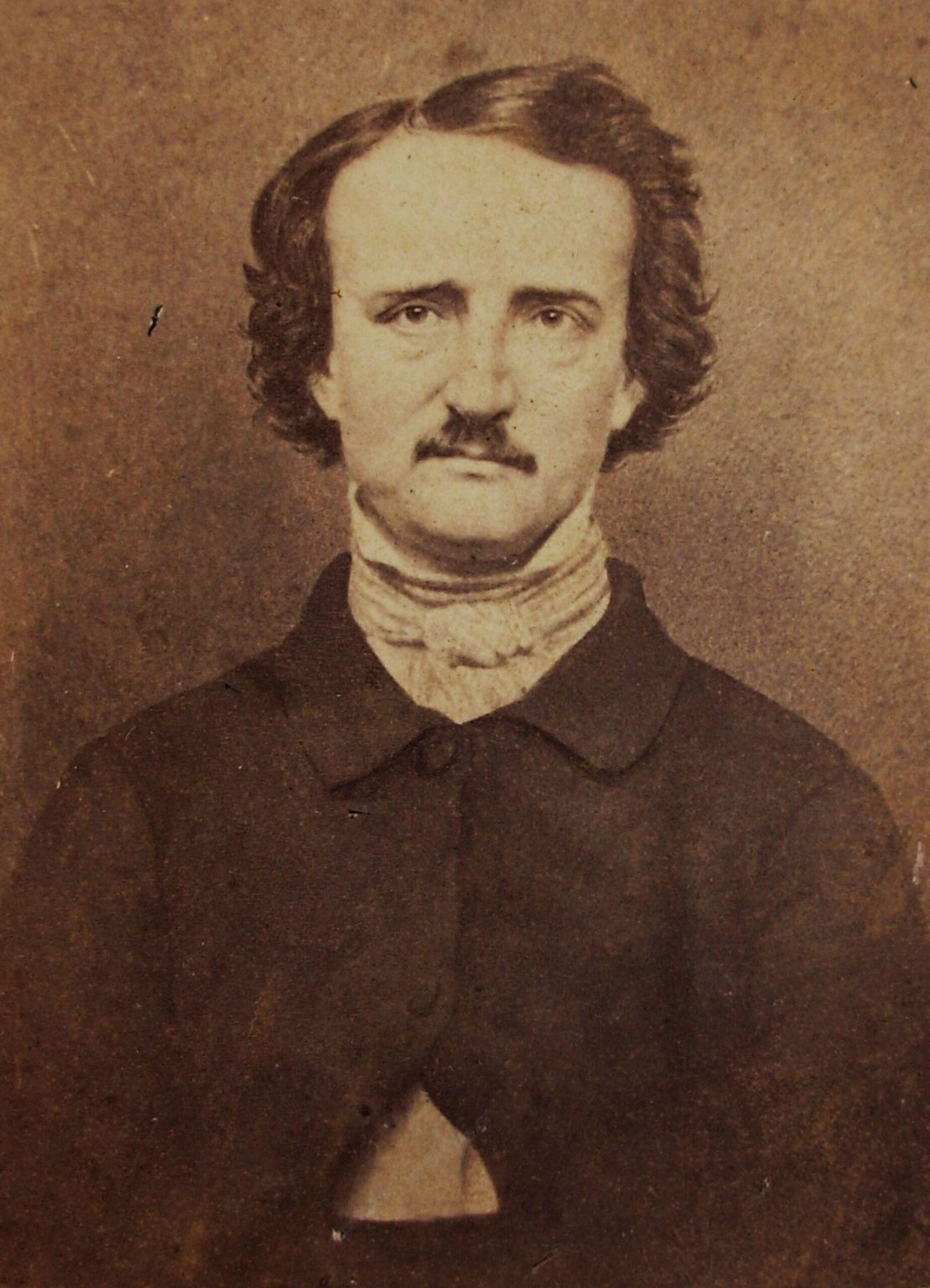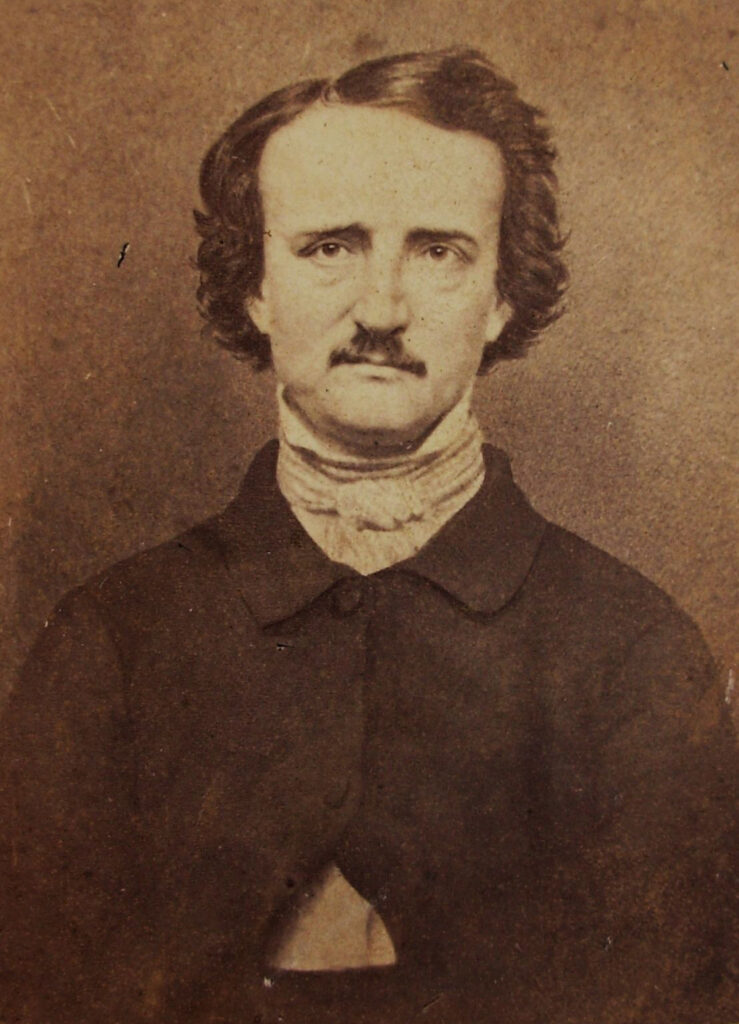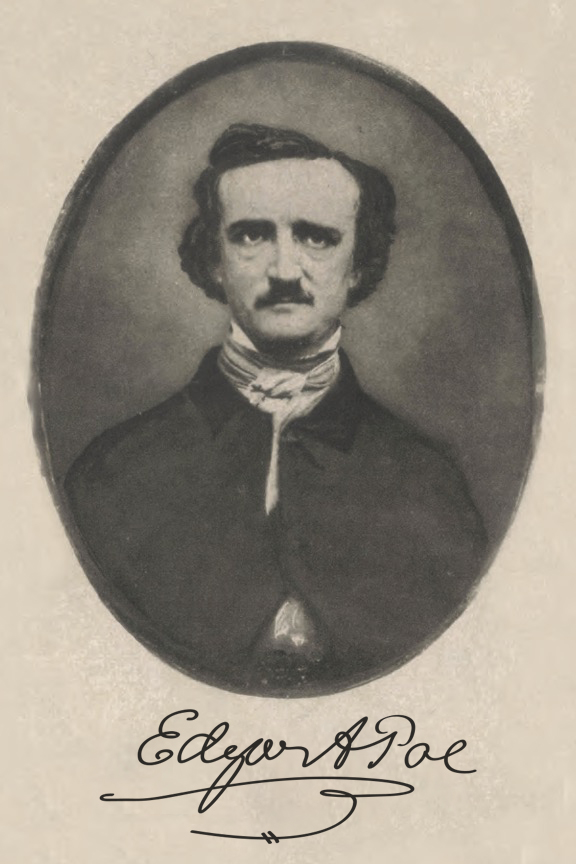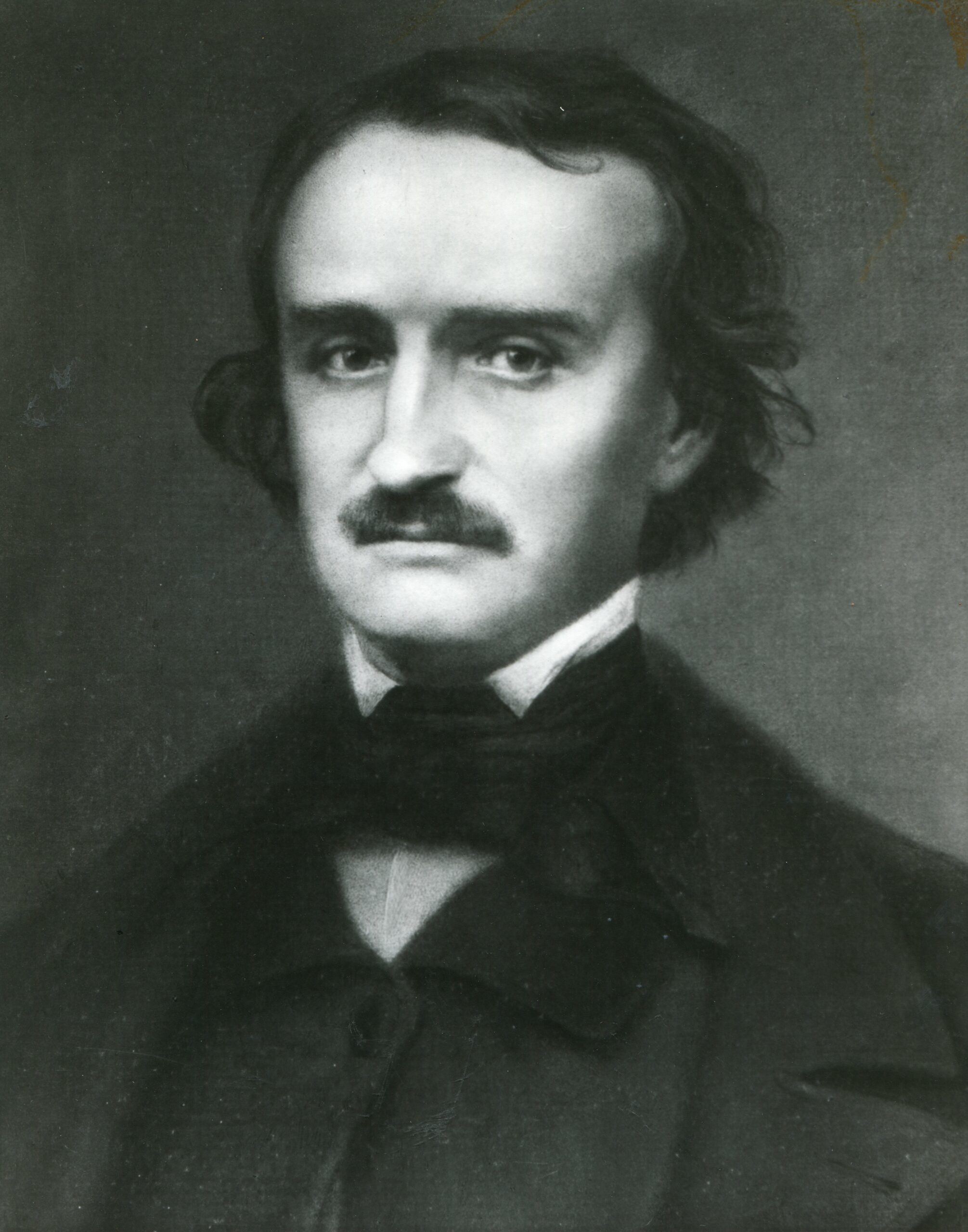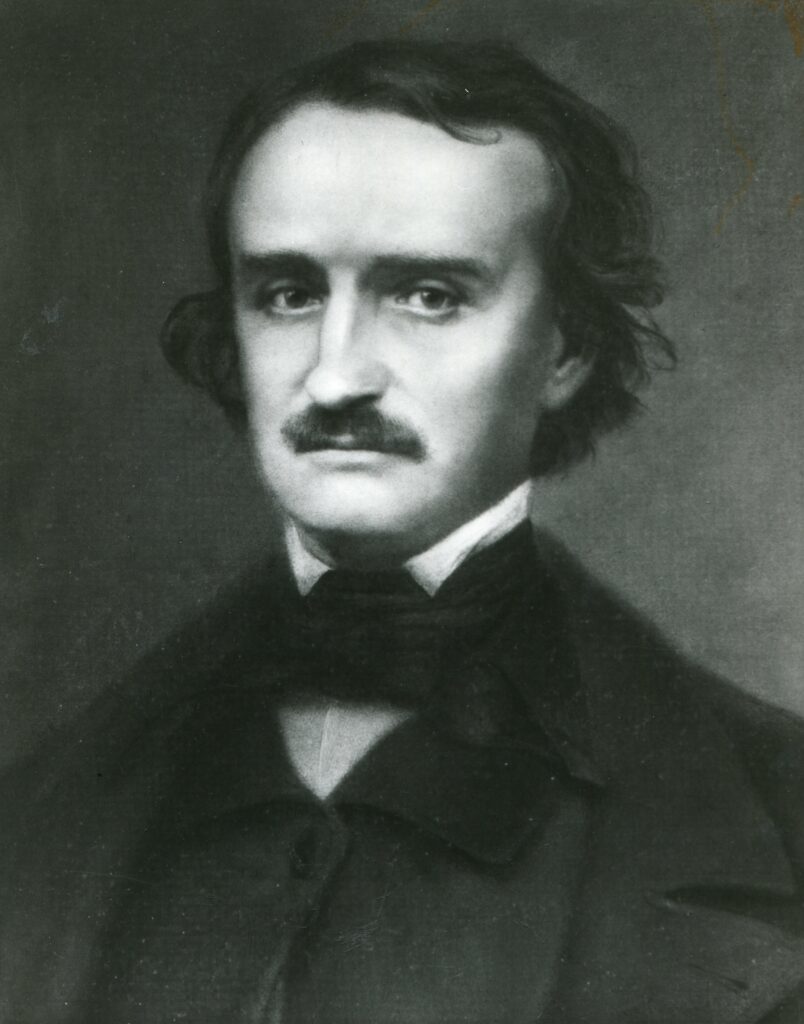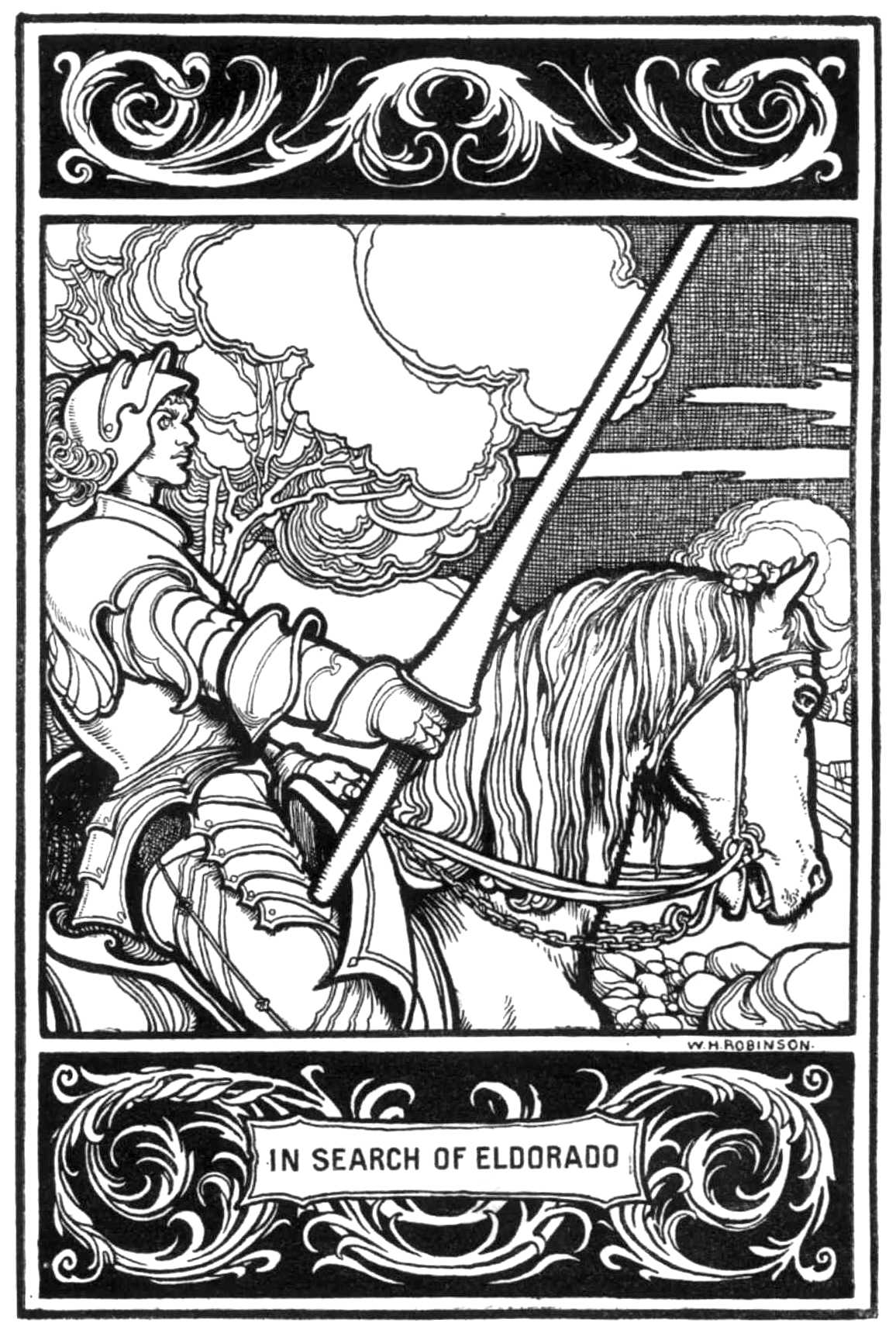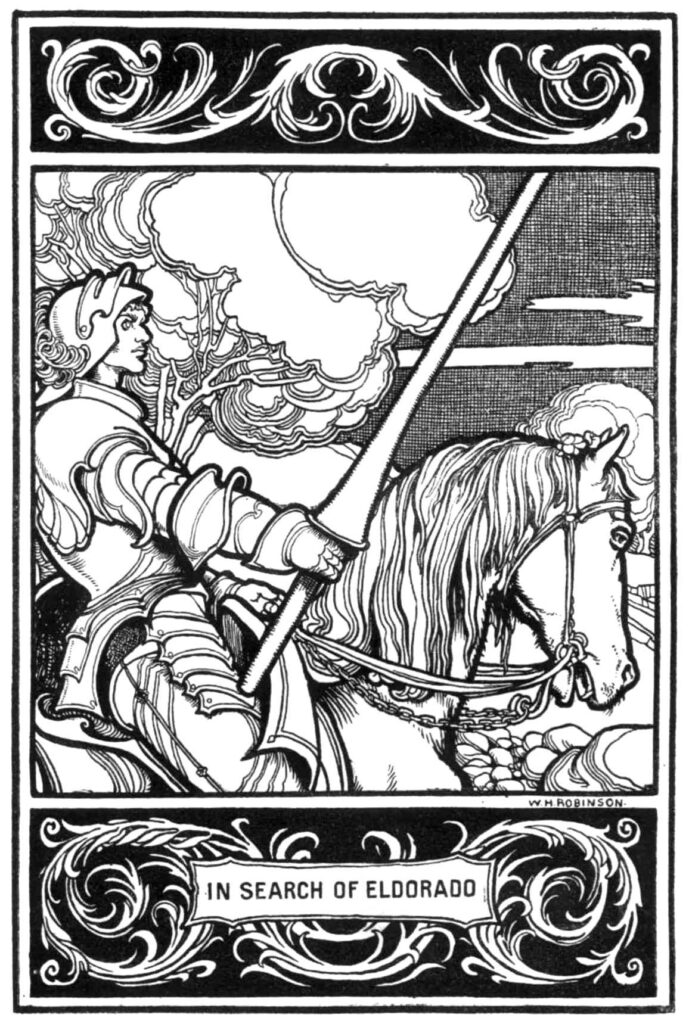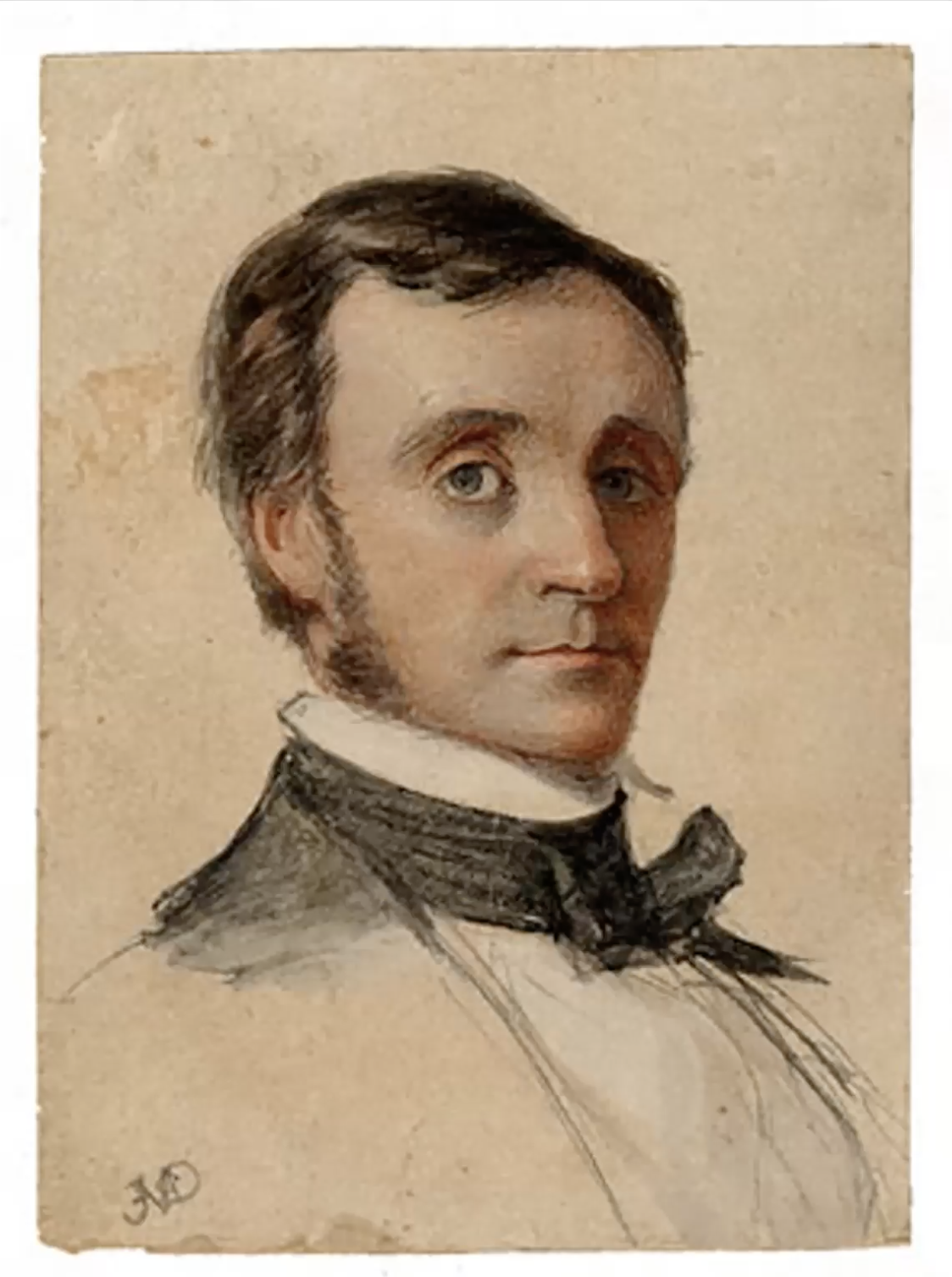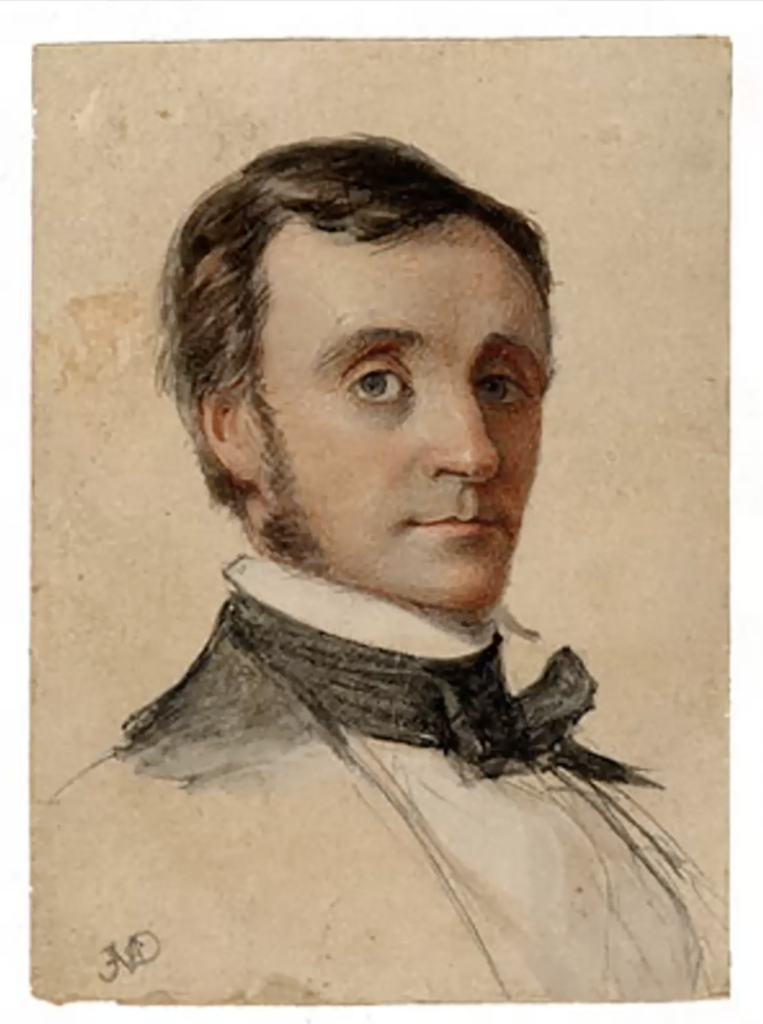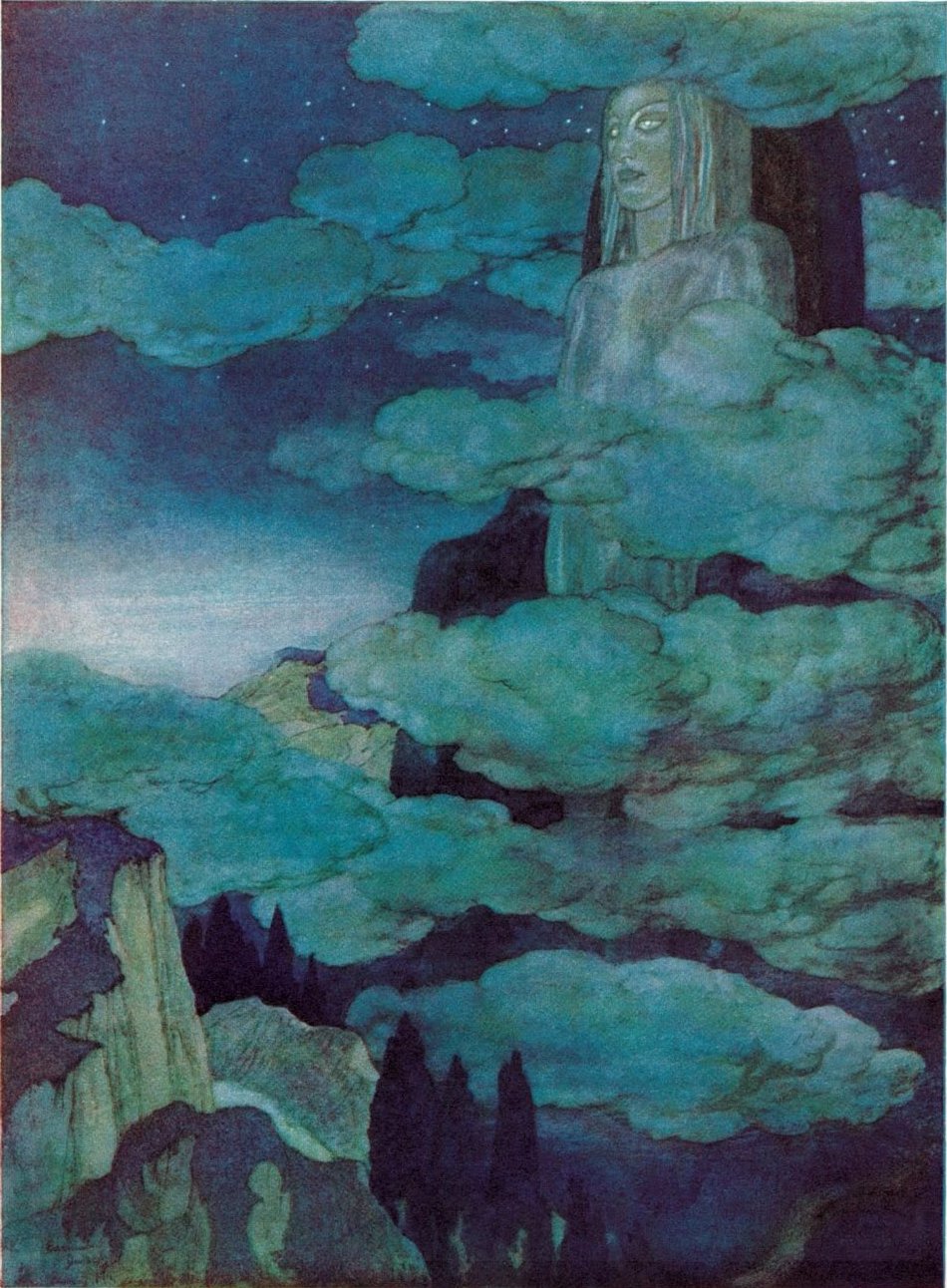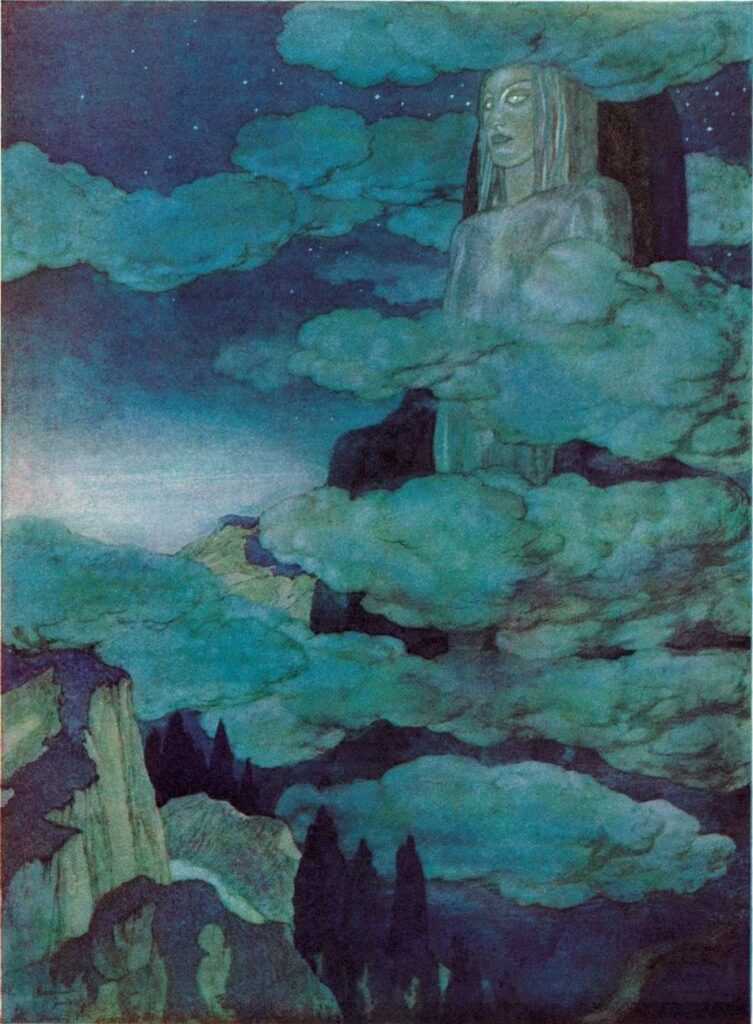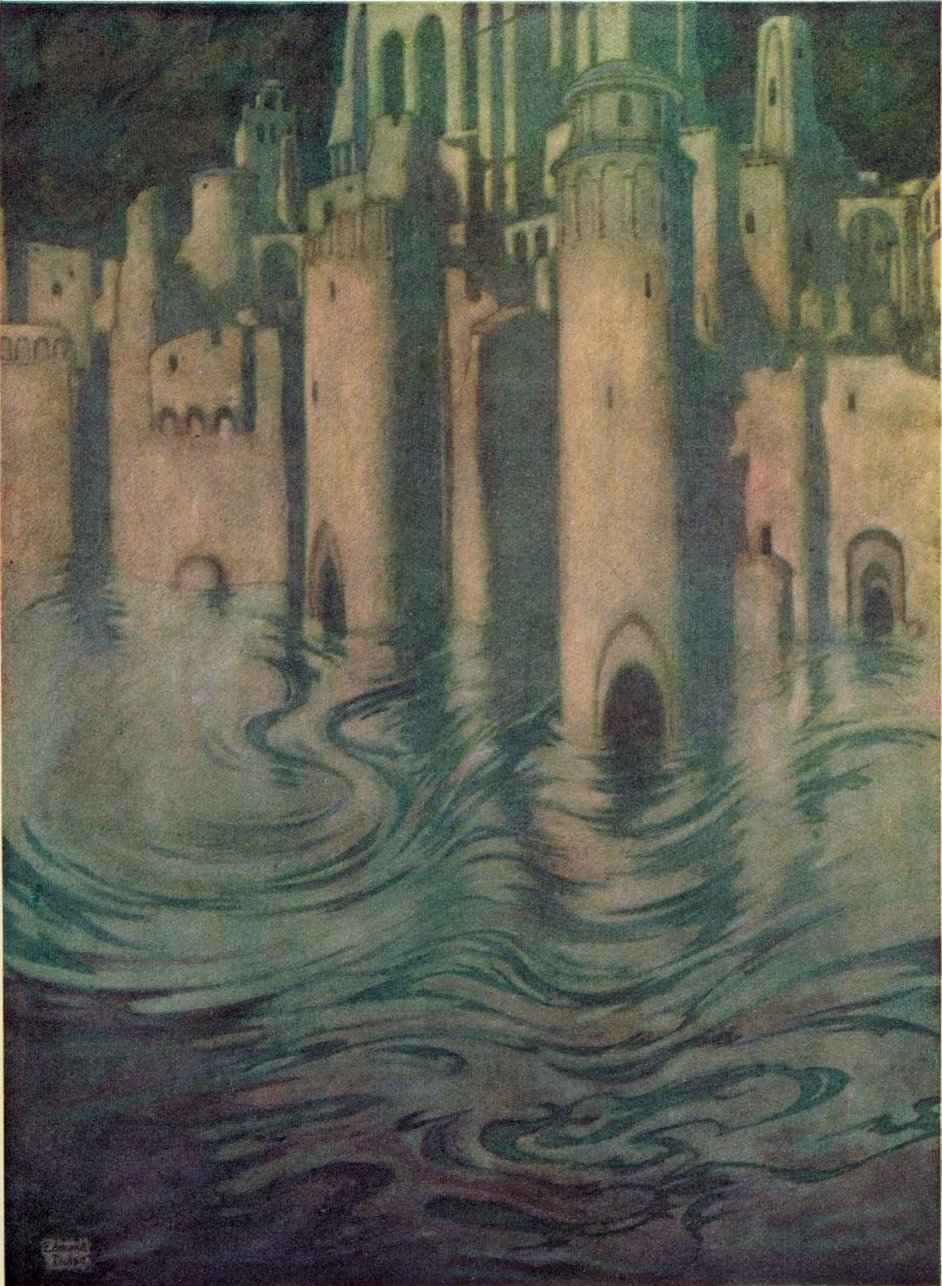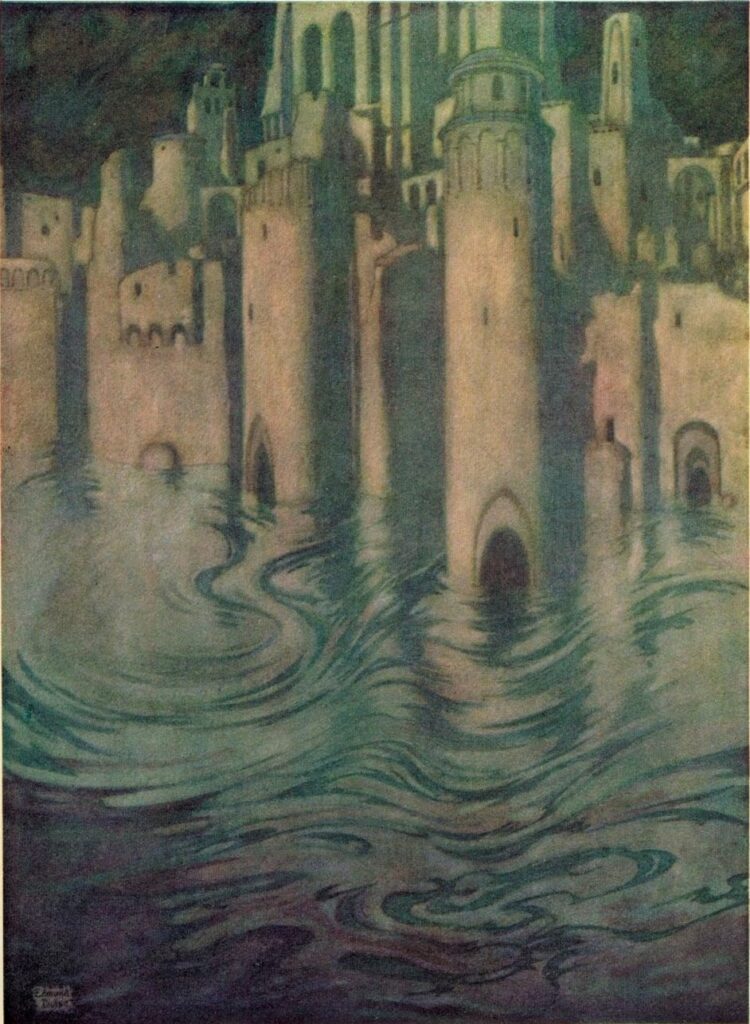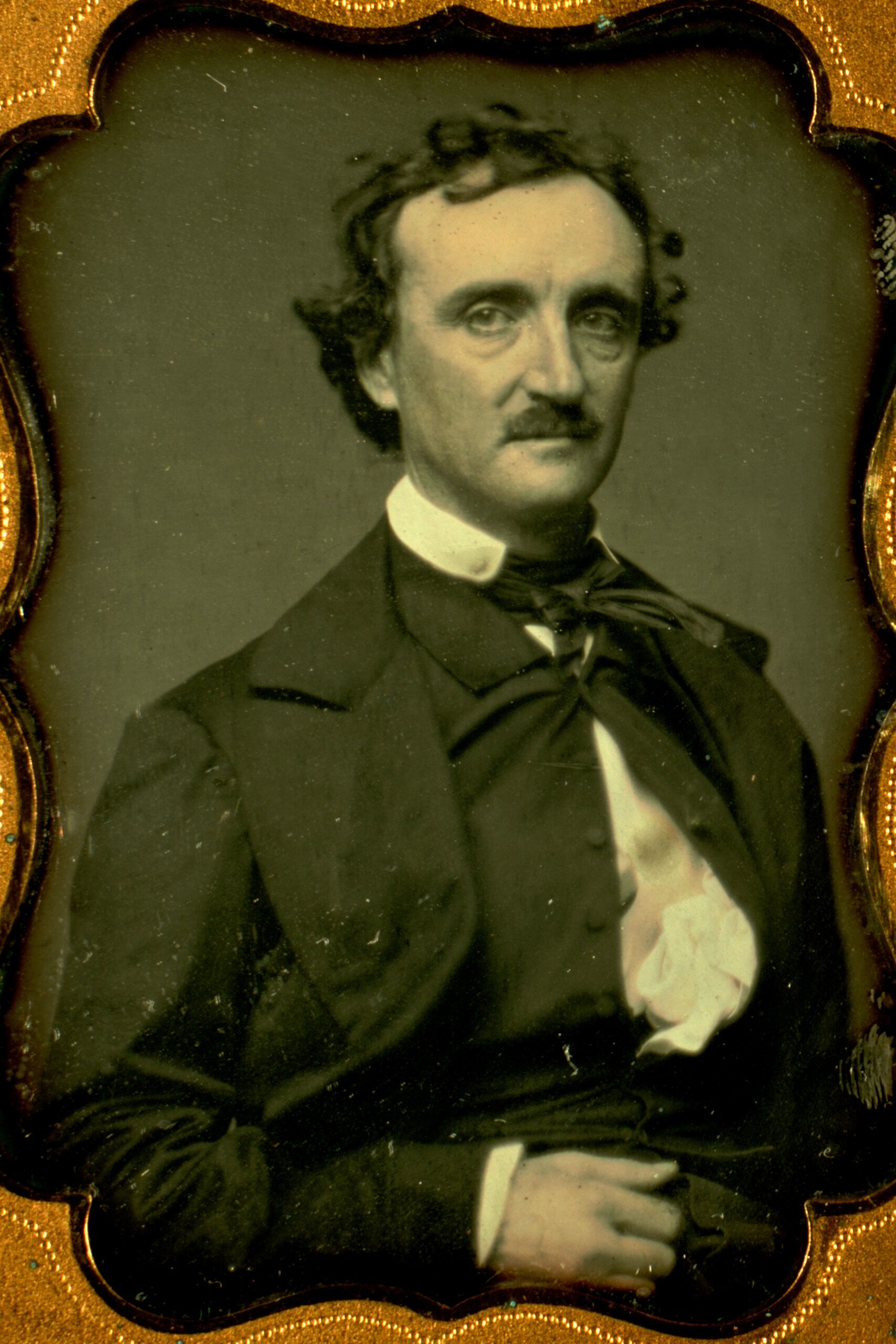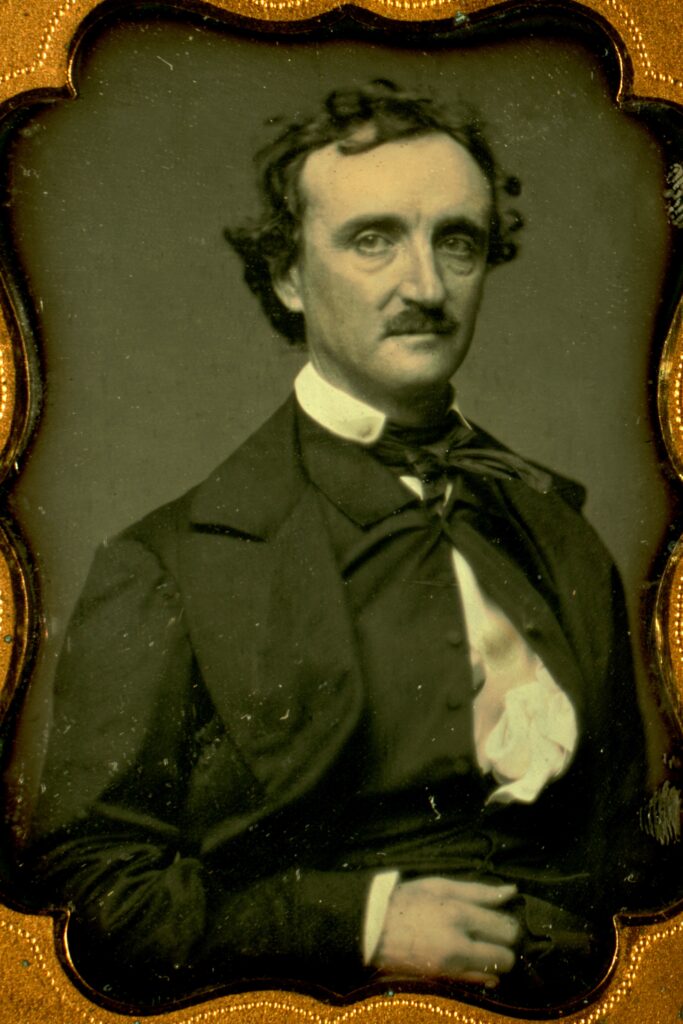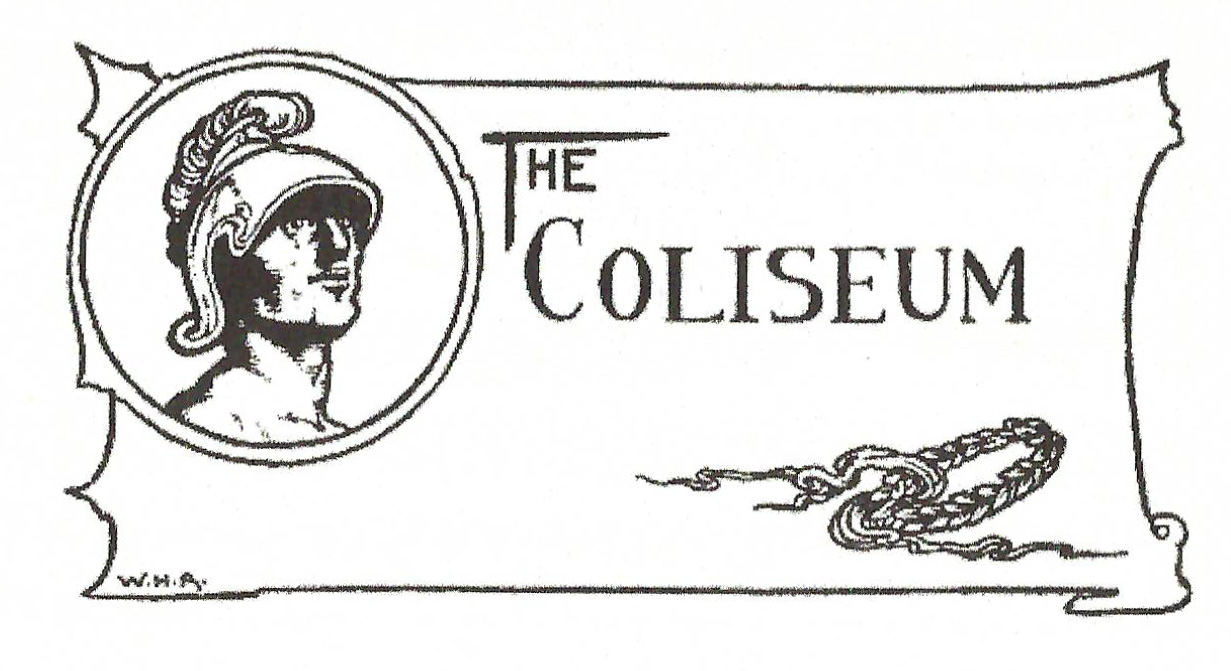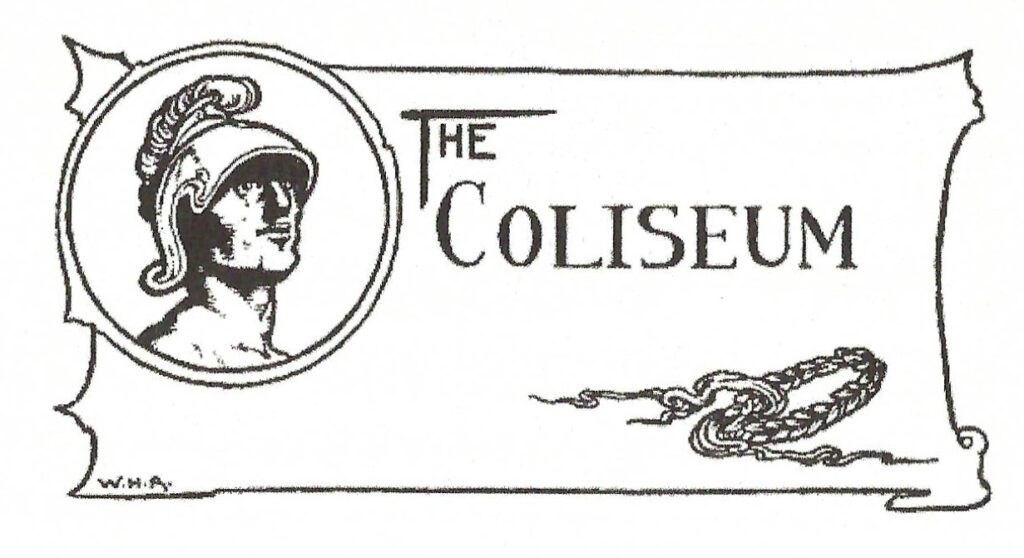Dream-Land
By a route obscure and lonely,
Haunted by ill angels only,
Where an Eidolon, named NIGHT,
On a black throne reigns upright,
I have reached these lands but newly
From an ultimate dim Thule —
From a wild weird clime, that lieth, sublime,
Out of SPACE — out of TIME.
Bottomless vales and boundless floods,
And chasms, and caves, and Titan woods,
With forms that no man can discover
For the dews that drip all over;
Mountains toppling evermore
Into seas without a shore;
Seas that restlessly aspire,
Surging, unto skies of fire;
Lakes that endlessly outspread
Their lone waters, lone and dead, —
Their still waters, still and chilly
With the snows of the lolling lily.
By a route obscure and lonely,
Haunted by ill angels only,
Where an Eidolon, named NIGHT,
On a black throne reigns upright,
I have reached my home but newly
From this ultimate dim Thule.
By the lakes that thus outspread
Their lone waters, lone and dead, —
Their sad waters, sad and chilly
With the snows of the lolling lily, —
By the mountain — near the river
Murmuring lowly, murmuring ever, —
By the gray woods, — by the swamp
Where the toad and the newt encamp, —
By the dismal tarns and pools
Where dwell the Ghouls, —
By each spot the most unholy —
In each nook most melancholy, —
There the traveler meets aghast
Sheeted Memories of the Past —
Shrouded forms that start and sigh
As they pass the wanderer by —
White-robed forms of friends long given,
In agony, to the worms, and Heaven.
By a route obscure and lonely,
Haunted by ill angels only,
Where an Eidolon, named NIGHT,
On a black throne reigns upright,
I have journeyed home but newly
From this ultimate dim Thule.
For the heart whose woes are legion
’T is a peaceful, soothing region —
For the spirit that walks in shadow
’T is — oh ’t is an Eldorado!
But the traveler, traveling through it,
May not — dare not openly view it;
Never its mysteries are exposed
To the weak human eye unclosed;
So wills the King, who hath forbid
The uplifting of the fringéd lid;
And thus the sad Soul that here passes
Beholds it but through darkened glasses.
By a route obscure and lonely,
Haunted by ill angels only,
Where an Eidolon, named NIGHT,
On a black throne reigns upright,
I have wandered home but newly
From this ultimate dim Thule.
Edgar Allan Poe
Originally Published in 1844
